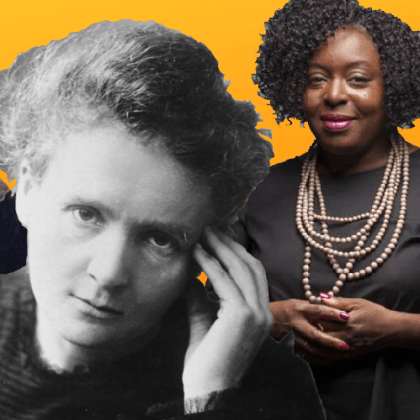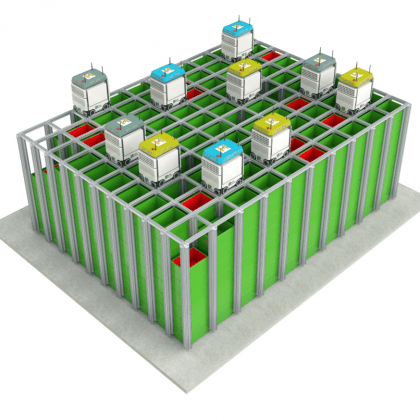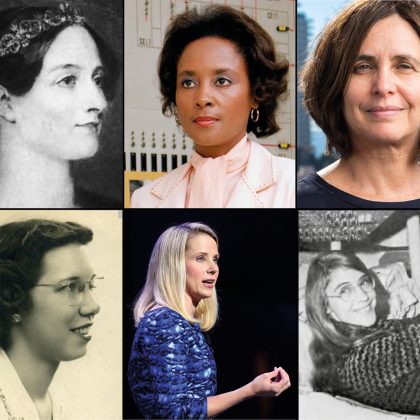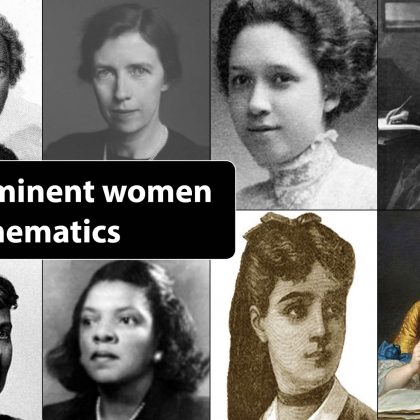The 33%: Q&A with Fay Clarke
Research from The United Nations for 2023 International Day of Women and Girls in Science reveals that women represent 33.3% of all researchers.
We are highlighting a selection of our female authors and editors in the hope that more women and girls will be inspired to pursue a career in science, technology, engineering and mathematics (STEM).
Dr. Fay Clarke is a lecturer at the University of Bristol. Her work is best described as experimental psychology, straddling both social science and agricultural and biological science. When she is not working on the Animal Welfare Journal for Cambridge, you will find Dr. Clark researching questions like “As our world rapidly changes (climate change, habitat loss, emerging infectious disease…) how will our wildlife adapt to these changes, and how can we feed cognition into conservation?”.
How did you get into science?
Fay Clarke: As a child, I was always interested in the natural sciences! I was fascinated by animals (but never wanted to be a vet) and would keenly observe animals or people from a distance, trying to figure out what made them tick. I got into science formally through an undergraduate degree in zoology, followed by master’s degrees in wild animal biology and biological anthropology, and finally a PhD in animal welfare and cognition. I volunteered at zoos and worked at an animal cognition research center. I recommend students interested in STEM careers get appropriate volunteering experience to make them competitive when applying to college or university. But I realise it’s not financially possible for everyone to volunteer and I hate to think this might exclude some students from STEM. If you are in school, take advantage of any work experience they can arrange and help to fund. If you are a further or higher education student and finances are a barrier, look out for various studentship schemes that offer funded or partially funded opportunities, e.g., summer placements in labs and zoos.
“If you are in school, take advantage of any work experience they can arrange”
What’s it like to be a woman in STEM?
Fay Clarke: The areas of STEM I work in (animal cognition, animal welfare) are fairly gender-balanced. I never felt my gender was a career barrier until I decided to have children. Working with animals means that I need to work wherever the animals live, and this was difficult with very small children. However, my children are now old enough to travel with me sometimes, and through exposure from an early age, they really understand my profession. I love explaining and showing my work to them! My husband is also a scientist, so we talk about our day-to-day work over dinner, and sometimes the children help us come up with new experiment ideas. Luckily, more initiatives are being set up to help STEM parents travel to field sites and conferences with their children.
Can you provide one sentence that gives advice to researchers starting their careers in STE
Fay Clarke: Choose a STEM area to work in that makes you want to jump out of bed on the coldest and darkest winter morning because it will give you the greatest job satisfaction.
“Luckily, more initiatives are being set up to help STEM parents travel to field sites and conferences with their children” Dr. Fay Clarke
Dr. Clarke is on the editorial board for, Animal Welfare, which is an international scientific Journal that publishes peer-reviewed, scientific research, technical studies, surveys, and reviews relating to the welfare of kept animals (e.g., on farms, in laboratories, zoos, and as companions). It is an Open Access Journal, read more about the journal series here.
This week we celebrate the 8th International Day of Women and Girls in Science (February 11). Beyond fostering a balanced and fair environment for our aspiring women and girls, why is it so vital that we foster gender equality and equity in science?
The United Nations, which hosts the annual event, contemplate another dimension to articulating meaningful change in STEM industries. Their goal for 2030 is an inspirational agenda that encourages sustainable and equitable development across 5 key areas:
- Clean water and sanitation
- Affordable and clean energy
- Industries, Innovation, and Infostructure
- Sustainable and Inclusive Communities and Cities
- Revitalize the Partnerships for the goals
‘Science and gender equality are both vital for the achievement of the internationally agreed development goals, including the 2030 Agenda for Sustainable Development.’ United Nations
Want to read more from our inspirational female authors?
Access our Free Read Collection here and help us celebrate IDWGIS the best way we know how by reading!






